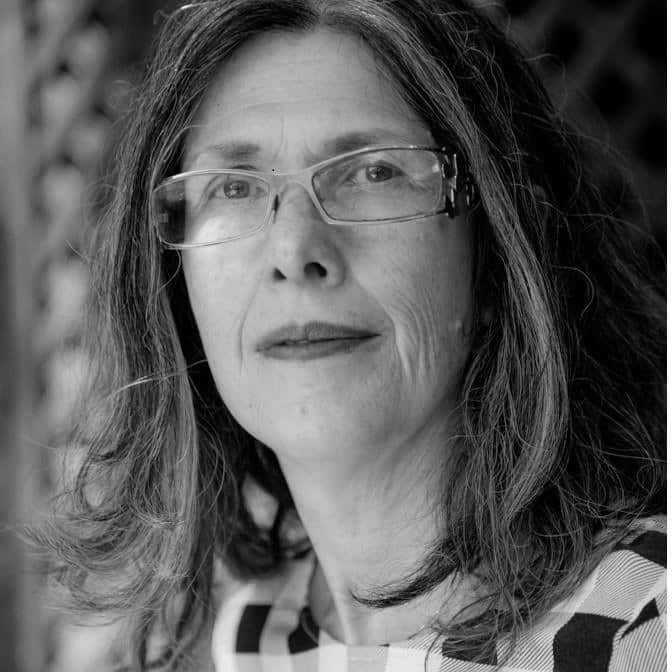What kind of country, what kind of city do we want to be?
For American Jews, the city has historically been a place of opportunity and promise. We have lived in American cities before the United States existed and throughout its life, from New Amsterdam (where we fought for equality) and Newport, Rhode Island (where we were welcomed as equals by George Washington) to the Bronx and St. Louis and Cincinnati and San Francisco and L.A. Sometimes we came with resources to help with economic vitalization, most often we came with nothing but the willingness to work hard, build our gardens and pray for the welfare of the cities where we lived (Jeremiah 29:5-7).
Many of us thrived here and contributed to the uplift of our neighborhoods and country. Often enough, that first stop in an American city entailed a period of poverty and squalor, such as that which early 20th Century immigrant Jews endured in the tenements of New York. Like many immigrant populations, theirs was, in many ways, a sacrificial generation composed of people who chose to exert themselves in sweat shops and small businesses (and in building unions and other organizations to combat the squalor on behalf of everyone) so that their children could be educated and receive new opportunities.
Urban American life was hard for many immigrant Jews, but most found it possible. We who live in Los Angeles and who love our city now have to decide if we want to maintain that possibility for those who come here after us. Increasingly, our dazzling city, our world cosmopolis, where we not only have taco trucks on every corner, but bibimbop, Kosher lox and burgers as well—where people come to live and contribute from the four corners of the Earth—is becoming unaffordable to the people who work here.
Rent for a new apartment in Los Angeles is approaching an average of $3000 a month. Homelessness in Los Angeles has risen by 11% in the last year. Working class-affordable housing, which is often neighborhoods where people of color are welcome, is being replaced by luxury developments in the heart of the city.
The opportunities (perilous as they were) that allowed our ancestors to bequeath a good life to us are disappearing, not only for new immigrants, but for longtime residents of Los Angeles as well. What kind of city do we want to be?
We learn, in Deuteronomy/Devarim 15: 7-8, “If, however, there is a needy person among you, one of your kin, anywhere in the land that HaShem your God is giving you, do not harden your heart and shut your hand against your needy kin. Rather, you must open your hand and lend him sufficient for whatever he needs and is wanting.” The rabbis interpreted this instruction in a very concrete way to do with housing. Ketubot 67b tell us, “Our Rabbis taught: If an orphan applied for assistance to marry, a house must be rented for him, a bed must be prepared for him and [he must also be supplied with] all [household] objects [required for] his use and then he is married, for it is said in Scriptures, “Sufficient for whatever he needs and is wanting.” “Sufficient for his needs” refers to the house; “is wanting”, refers to a bed and a table.”
In other words, we are required not just to see to one another’s spiritual comfort but to see that none of our neighbors falls so far between the cracks that they vanish. The orphan, like the widow and stranger, were people who, in a patriarchal culture, lacked the protection of a male head of house. They were the vulnerable. And they were not considered “losers” or “the weak,” they were human beings with potential whose interdependence with the community ensured an opportunity to realize the best of their gifts and who could eventually contribute to others in need of help.
Our Talmud reflects a communal vision for a semi-autonomous community of Jews. We can expand that vision to guide us in deciding what policies we stand for as equal citizens of a representative democracy. If we believe in building a polity, a city, where people are not neglected so much that they fall into a life of squalor on the street, then this election offers two opportunities to do something about it.
Proposition HHH on the Los Angeles city ballot provides $1.2 billion for safe, clean housing to lift people out of desperation and put them on the road to a better life, facilities for mental health, drug and alcohol treatment, facilities for housing assistance and strict oversight and independent audits of funding. A companion measure, Proposition JJJ will create jobs by ensuring that developers who want zoning changes in order to create new housing will hire local workers, including veterans, and include affordable and workforce-priced housing in their developments.
Do we want a strong, vibrant city that offers new and longtime residents opportunities to bring the best of themselves to their neighborhoods and communities? Or do we want sterile overpriced suburbs imposed on urban streets? Do we want space in which to grow our gardens and work (not only pray) for the welfare of our cities? What would our ancestors who arrived here rich in determination and inner resources, if not in material goods, have prayed for as they neared the shore and saw the lady with her lamp calling them home?























 More news and opinions than at a Shabbat dinner, right in your inbox.
More news and opinions than at a Shabbat dinner, right in your inbox.